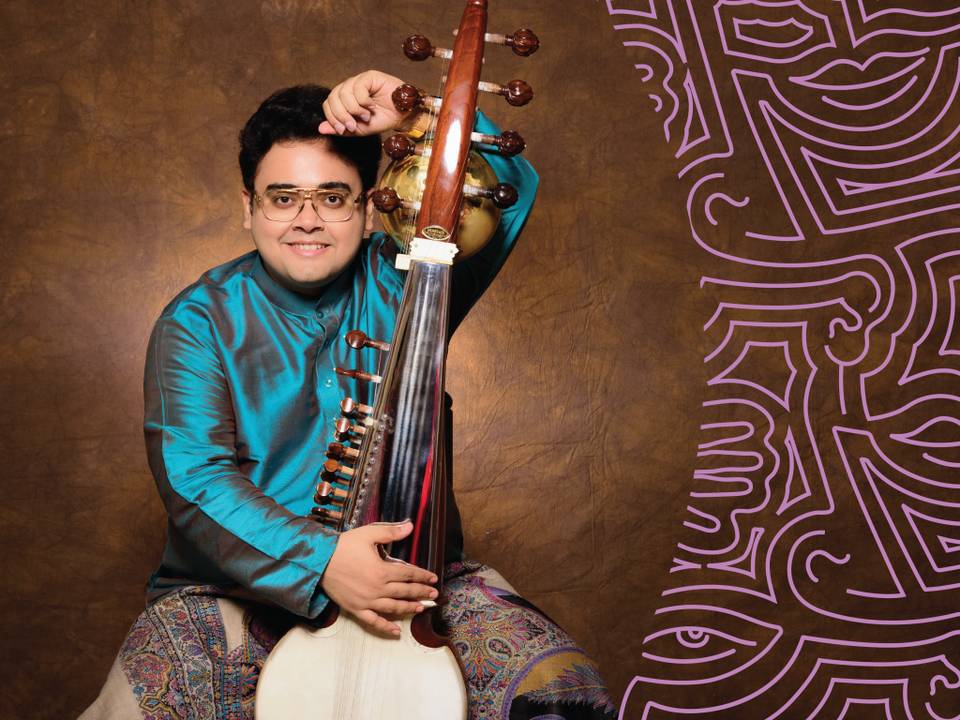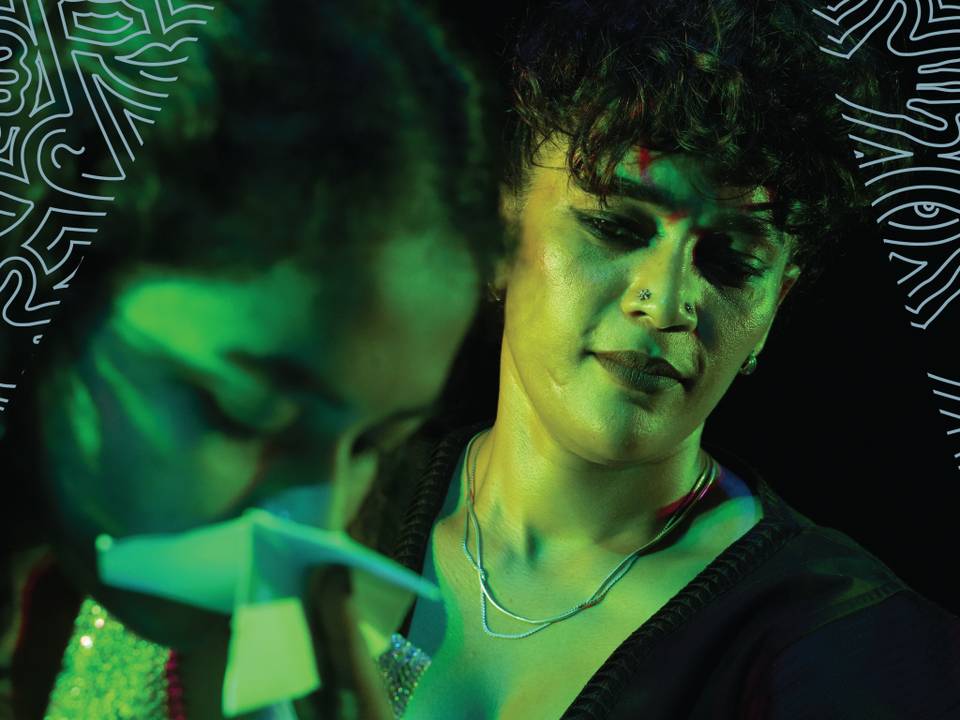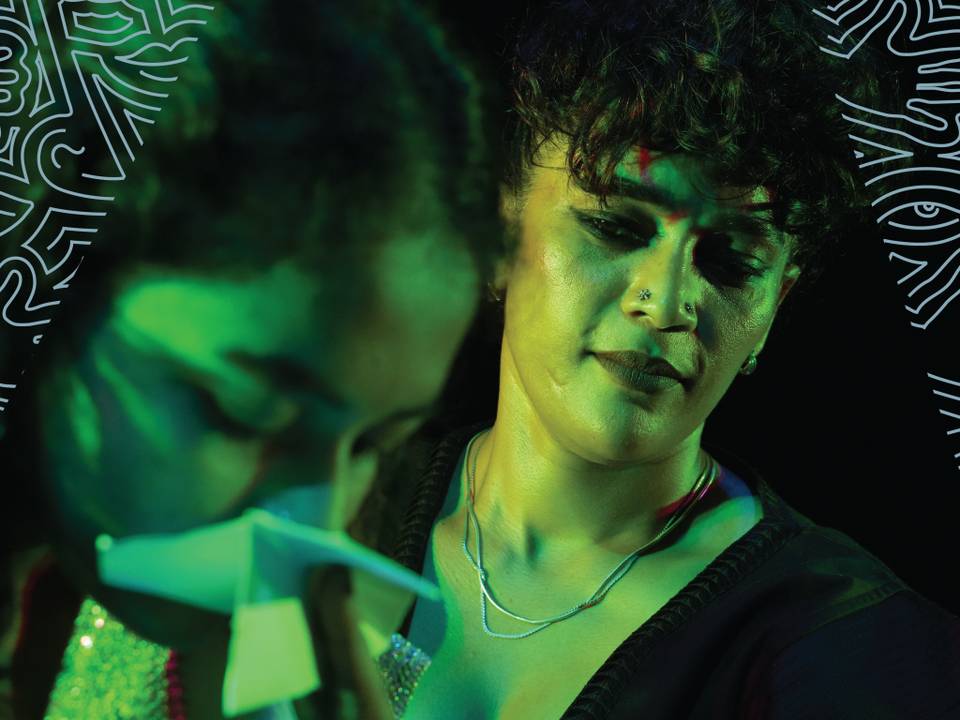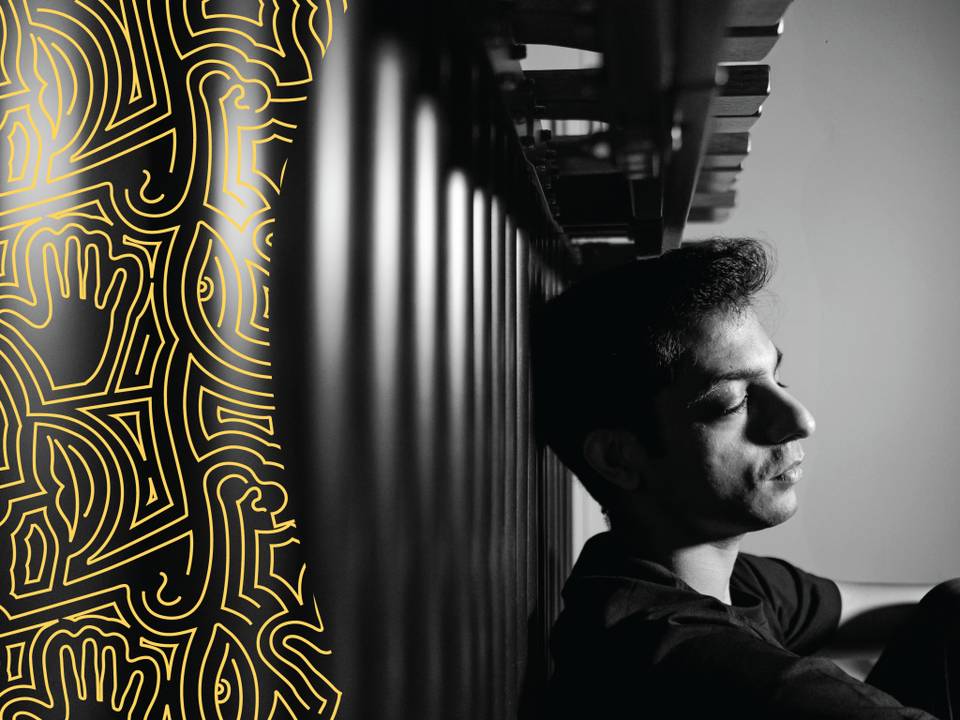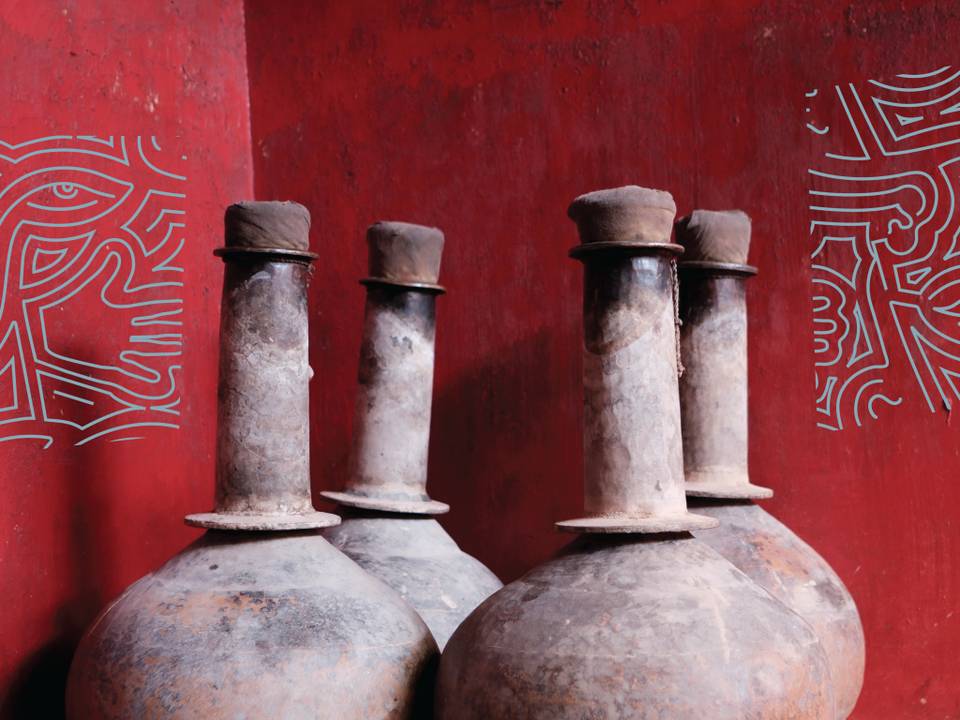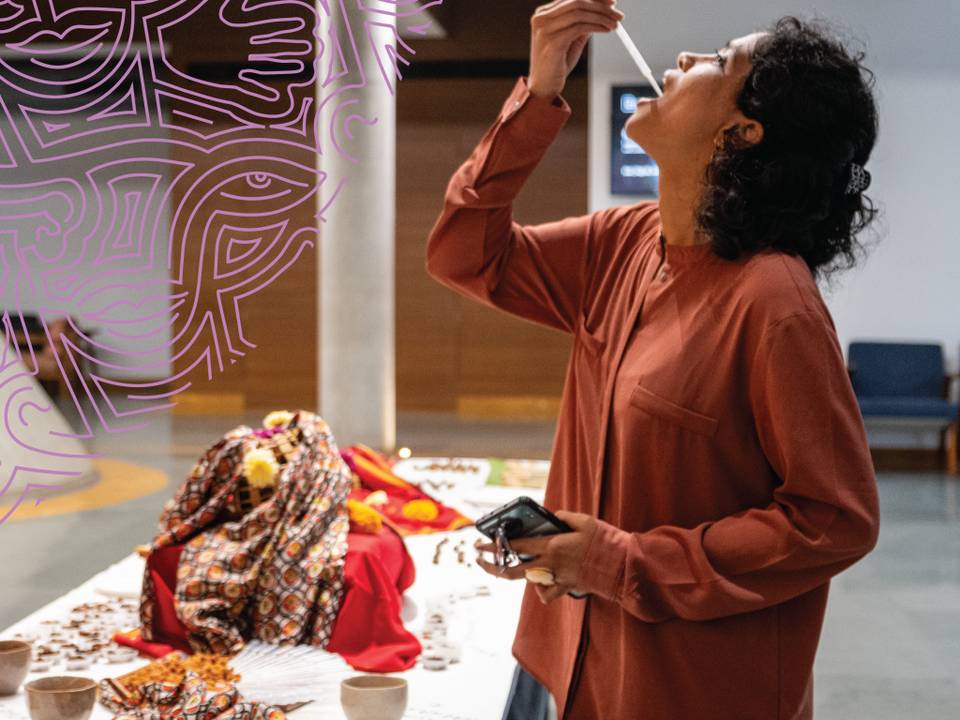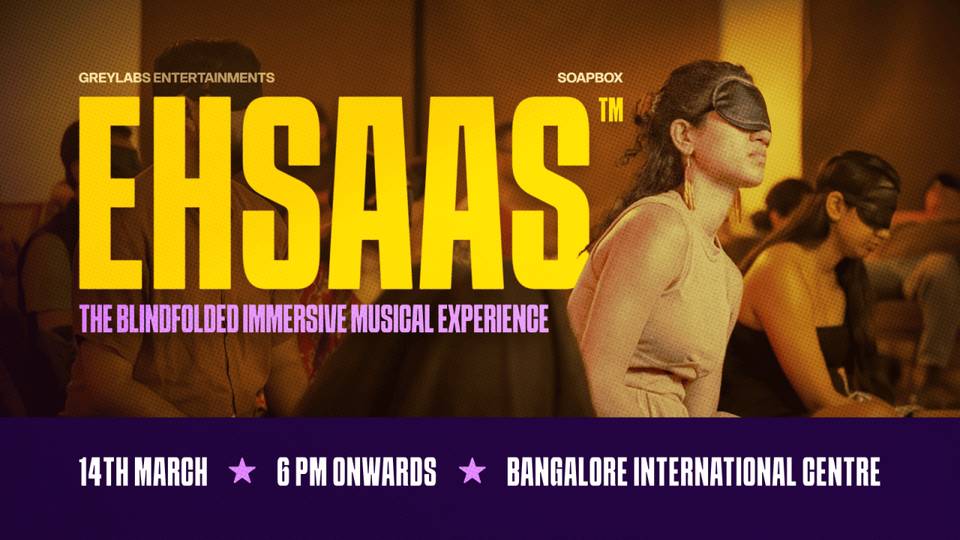Signs From the Sky - A New Approach to Deciphering Indus Valley Seals
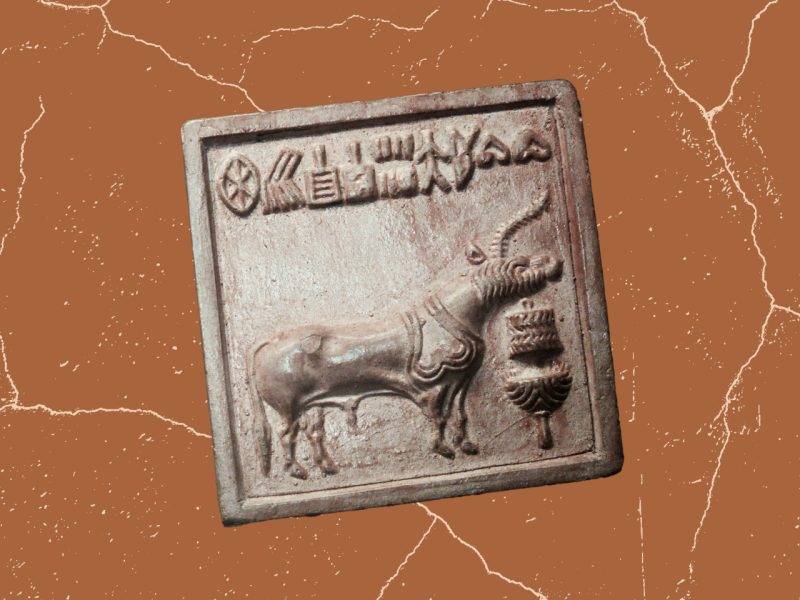
Details
May 20 2025 to May 20 2025 6:30 p.m.
EVENT HAS ENDED
Where
Bangalore International Centre
7 4th Main Rd, Stage 2, Domlur 560071
Event Description
The session builds on Asko Parpola & Iravatham Mahadevan’s extensive works to show that a substantial portion of the IVC seals was a Celestial Omens List with the planet Venus occupying a central role in their astronomy. The study presents the full decipherment of 75 inscriptions and a partial decipherment of 61 inscriptions forming approximately 5% of the total number of inscriptions.
Key findings demonstrate the exceptional astronomical sophistication of the Harappan civilization, including: (1) proof that bilingual parallels can effectively decipher the IVC script; (2) evidence that Harappan astronomical knowledge predated Babylonian astronomy by centuries; (3) the first complete decipherment of the Swastika symbol, revealing its astronomical significance; (4) identification of signs for planetary movements, conjunctions, and their associated omens; (5) discovery of Harappan meteorological methods using Venusian astronomy; and (6) a new understanding of the Great Bath Complex as a venue for astronomical rituals.
This work represents a significant breakthrough in understanding the intellectual and religious life of one of the world’s earliest urban civilizations, revealing their deep engagement with astronomical observation and its application to social and religious practices. Through archaeoastronomical analysis, the paper reconstructs the probable actual dates of celestial events tracked by the Harappans, providing empirical validation for the proposed decipherments.
The discussion will be followed by a Q&A session with the audience.
Speakers
Sukumar Rajagopal
Researcher, Entreprenuer
Sukumar Rajagopal has been researching the IVC since 2007 in a personal capacity. He began his formal research in 2009, as an associate of the Indus Research Center at the Roja Muthiah Research Library, Tharamani, Chennai, India, under the tutelage of Late Shri Iravatham Mahadevan and under the guidance of the director of RMRL, Sundar Ganesan. He has published a paper on the Indus Valley Civilization in the International Journal of Tamil Studies in the December 2009 issue (#76) of their Journal of Tamil Studies, pages 69-88. He has also presented a paper at the World Classical Tamil conference in June 2010 in the Indus Valley Civilization track under the chairmanship of Late Shri Iravatham Mahadevan. He published his 3rd paper in the Bulletin of the Indus Research Centre (RMRL) in July 2020. The same paper has been included in the The Wonder That Was Harappan Civilization, a book published by the Hindu Group in 2023.
Sukumar Rajagopal has 36 years of experience in the IT services industry. He considers himself extremely fortunate to have led two $1B+ transformational initiatives simultaneously, one in the IT department as the CIO and the other as the Head of Innovation. Prior to that, in P&L management, Sukumar ran the 100MM$ Manufacturing & Logistics Practice in North America during his 10 year stint in the USA.
Since Feb 2015, with his co-founders he runs Tiny Magiq – a startup that leverages Gen AI to help teams and organizations bring disruptive innovations to life within their organizations rapidly to create massive business impact. Tiny Magiq’s programs have delivered over USD 50 million of business impact across BFSI, Healthcare, Lifesciences, IT/ITeS verticals across the globe.
Sukumar received lifetime recognition for his work in IT through the 2014 Computerworld Premier 100 IT Leaders program. Sukumar is rated by Huffington Post as one of the Top 100 Social CIOs in 2014 & 2013. He holds Competent Toastmaster (CTM) and Competent Leader (CL) certification from Toastmasters International. He is a Certified Independent Director having served on the board of Aster DM Healthcare (GCC- based Healthcare firm) for 3.5 years. He is also a Tiny Habits Certified Coach.
Gopichand Katragadda
Chief Executive Officer & Founder, Myelin Foundry
Dr. Gopichand Katragadda is the Founder and CEO of Myelin Foundry, an AI company with a vision to transform human experiences and industrial outcomes. He is the President of the IET, Board of Trustees UK. He is an Independent Director of Bosch India Limited and ICICI Securities. He chairs the CII Southern Region Startup Council and is a member of the NASSCOM governing council for the Centre of Excellence for Data Science & AI.
Till January 2019, Gopi was the Group Chief Technology Officer and Innovation Head of Tata Sons. At Tata Sons, he facilitated the development of pioneering products and services, strategic technology collaboration, and innovation across the $100 Billion Tata Group. Previously, as the Chairman and Managing Director of GE India Technology Centre, he helped grow GE’s largest R&D Centre – the John F. Welch Technology Centre.
Gopi is the past Chairman of the CII National Technology Committee and the CII Western Region Innovation Taskforce. He is a GE Certified Six Sigma Master Black Belt. Gopi helped establish the Advanced Materials CoE at IIT-Madras and the Advanced Manufacturing CoE at IIT-Kharagpur. He has framed the CII-Tata Communications Digital Transformation CoE. Gopi also set up and managed the ongoing Tata research collaborations with Harvard and Yale.
Gopi has authored a book on innovation titled SMASH, currently in its second edition. He has over 30 journal publications, five patents, several invited presentations and citations of his research work. Gopi holds a BE degree in Electronics Engineering from Bangalore University and MS, PhD degrees in Electrical Engineering from the Iowa State University.
